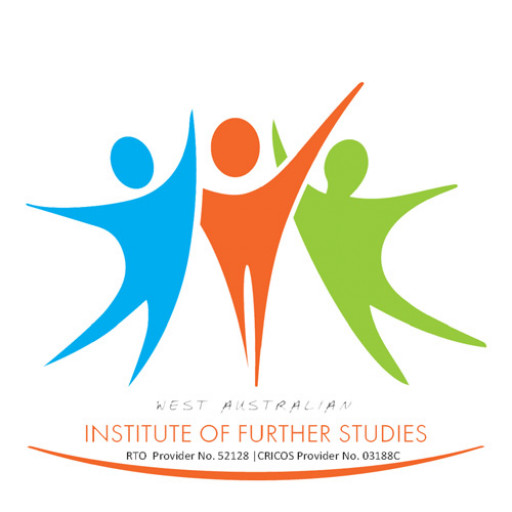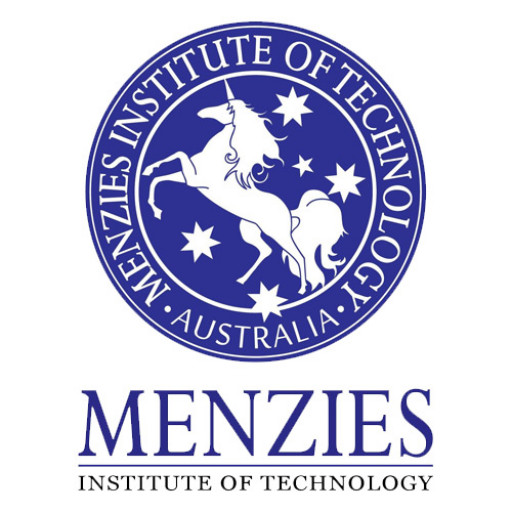Photos of university / #ucl
Program Description: The Master of Science (MSc) in Implant Dentistry at University College London (UCL) is a comprehensive postgraduate programme designed for dental practitioners who wish to advance their skills and knowledge in the field of implantology. This specialised course provides a thorough understanding of the theoretical principles and practical techniques necessary for successful dental implant placement and management. Over the duration of the programme, students will engage in learning modules that cover all aspects of implant dentistry, including surgical procedures, prosthetic restoration, bone augmentation, and patient management. Emphasis is placed on evidence-based practice, clinical decision-making, and the integration of new technologies into everyday practice to ensure that graduates are well-equipped to deliver high-quality implant treatments. The programme combines face-to-face lectures, hands-on surgical training, case-based discussions, and research components to foster a deep understanding of both the scientific background and clinical application of implant dentistry. Access to state-of-the-art facilities and trained faculty members, who are experts in the field, ensures students receive top-tier education. This degree aims to prepare dental professionals to undertake complex implant cases confidently and ethically, contributing to their continued professional development and enhancing their clinical practice. Graduates of this programme are equipped with advanced competences, enabling them to become leaders and innovators in implant dentistry within their professional community.
In the first year, students develop a sound evidence-based knowledge of implant dentistry with emphasis on patient selection, diagnosis, planning and basic surgery. They develop further skills in the second and third years with an emphasis on the restorative aspects of implant dentistry, patient care, advanced surgical procedures, management of complications and practice management.
Students undertake modules to the value of 120 credits.
The programme consists of six core modules (120 credits).
Core modules
- Implant Science 1
- Implant Planning
- Implant Science 2
- Implant Practical
- Implant Clinical 1
- Implant Clinical 2
Optional modules
There are no optional modules for this programme.
Teaching and learning
The programme is delivered through a series of interactive lectures, seminars, hands-on training, live surgery and supervised clinical treatment.
The programme consists of approximately 82 contact teaching days, divided approximately as follows: Year 1: 30 days; Year 2: 34 days; Year 3: 18 days.
All applicants must hold an approved dental qualification and have a minimum of two years' clinical experience. All applicants must be [UK] GDC registered and practicing in the UK.
The Implant Dentistry program at University College London offers a range of financing options to support students throughout their studies. Tuition fees for this postgraduate program vary depending on the student’s residency status, with international students typically paying higher fees than home students. Detailed fee information can be obtained from the university’s official website or admissions office, as fees are subject to change annually. In addition to tuition fees, students should also consider living costs, which include accommodation, food, transportation, and other personal expenses. UCL provides guidance on estimated living expenses to help students budget effectively.
Funding opportunities for Implant Dentistry students include scholarships, bursaries, and grants. The university offers a variety of merit-based scholarships for prospective students demonstrating outstanding academic achievement or potential. Certain scholarships are specifically aimed at international students to promote diversity and inclusion. Eligibility criteria, application procedures, and deadlines vary for each award, so prospective students are encouraged to review the relevant sections on the UCL Scholarships and Funding webpage.
Apart from university-specific funding, students may explore external funding sources such as government loans, educational grants, or private sponsorships. In the UK, postgraduate students can apply for student loans from the Student Loans Company, which may cover tuition fees and provide maintenance support. International students might seek funding from their home country's government or private organizations that support international education.
UCL also offers payment plans that enable students to spread the cost of tuition fees over several installments, easing financial pressure. It is recommended that students prepare a detailed financial plan before beginning the program and contact the university’s financial aid office for personalized advice and assistance. For eligible students, work placements and part-time work opportunities may also be available to help finance their studies, adhering to visa regulations for international students.
Overall, the university strives to make its Implant Dentistry program accessible by providing comprehensive financial support options. Prospective students are encouraged to thoroughly explore all available funding sources and plan their finances well in advance to ensure a smooth academic journey.
The Postgraduate Diploma in Implant Dentistry at University College London (UCL) is a specialized program designed for dental professionals seeking to develop advanced skills and knowledge in the field of implantology. This program provides comprehensive education on the surgical and prosthetic aspects of dental implants, emphasizing evidence-based practice and clinical excellence. The curriculum includes modules on surgical planning, implant placement techniques, regenerative procedures, prosthetic integration, and management of implant-related complications. Students benefit from a combination of theoretical lectures, practical workshops, and clinical case discussions, enabling them to apply their learning directly to patient care. The program is suitable for dentists aiming to enhance their implantology practice and expand their scope of services. UCL's state-of-the-art facilities and access to clinical cases provide an optimal environment for learning. The program typically spans over a specified period, with assessments including written examinations, case presentations, and practical evaluations. Graduates of the program receive a diploma that recognizes their advanced expertise and prepares them for independent practice or further specialist training in implant dentistry. The course faculty comprises experienced clinicians and academic staff known for their contributions to dental research and education. The program also encourages multidisciplinary collaboration, integrating knowledge from periodontology, oral surgery, prosthodontics, and oral medicine to ensure comprehensive patient management. Admission requirements usually include a primary dental degree and relevant clinical experience. The program aims to improve patient outcomes through evidence-based treatment planning and to foster professional development within the field of implant dentistry. This advanced qualification is ideal for dental practitioners committed to lifelong learning and clinical excellence in implantology.






